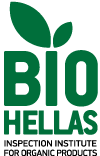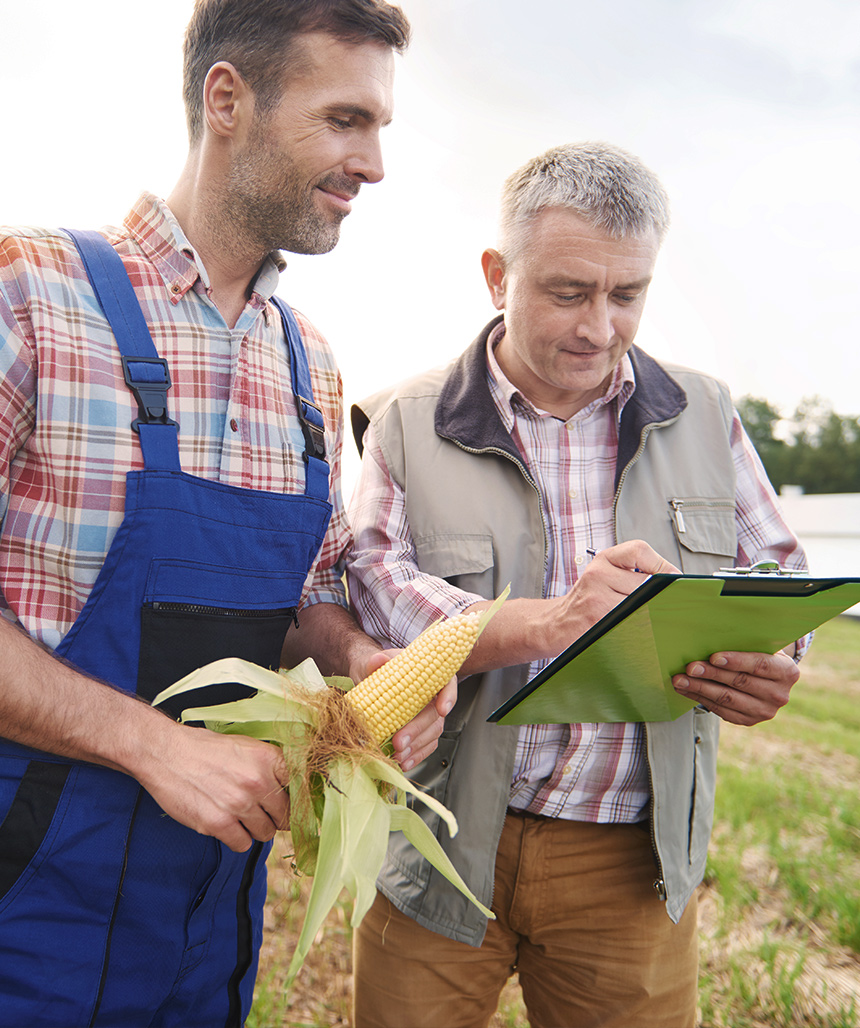The inspections carried out as part of the control and certification of organic farming/livestock products are divided into:
a. Annual inspection
The annual inspection is carried out at least once a year in 100% of the integrated units of the Control and Certification Organization. It is conducted for the first time within 12 months of the company’s incorporation. The annual inspection covers all stages of the production process (production, transportation, storage, processing-standardization – packaging, labeling, etc.).
Among the specific items included in the annual inspection are:
- On-site inspection of plots of land, pastures, stable facilities, processing facilities – product processing.
- On-site inspection in the storage areas of the unit (storage areas for agricultural/veterinary supplies, storage areas for raw materials and finished products, etc.).
- Detailed control of the files (input/sales file, balanced input-output, calendar of cultivation operations or production, purchase/sales documents, traceability system control, etc.) that the person in charge of the unit is required to keep, in accordance with the provisions of Ranonymization (EU) 2018/848.
b. Supplementary inspection
As part of the supplementary inspection, at least 10% of the integrated units of the Control and Certification Organization are inspected annually. This inspection focuses on units that had irregularities and/or violations in the previous year. Unlike other types of inspections, extraordinary inspections can be conducted without the producer or entrepreneur being notified in advance.
c. Surprise Inspection
The above inspections (annual or supplementary) may be carried out without prior notification of the responsible producer/entrepreneur. Unannounced inspections are carried out on an annual basis in at least 20% of all inspections.
It is the producer/entrepreneur’s responsibility to provide access to all areas of the unit and all records required by Regulation (EU) 2018/848, regardless of the type of inspection. Inspections are carried out by one or more inspectors depending on the scope of activity and the size of the company to be inspected. The inspectors are necessarily specialized scientists (agriculturists, food technologists, veterinarians) in order to have the required knowledge, expertise and experience with regard to the production system, the applicable legislation and inspection requirements. The Certification Body has an obligation to ensure the impartiality and objectivity of its inspectors.




